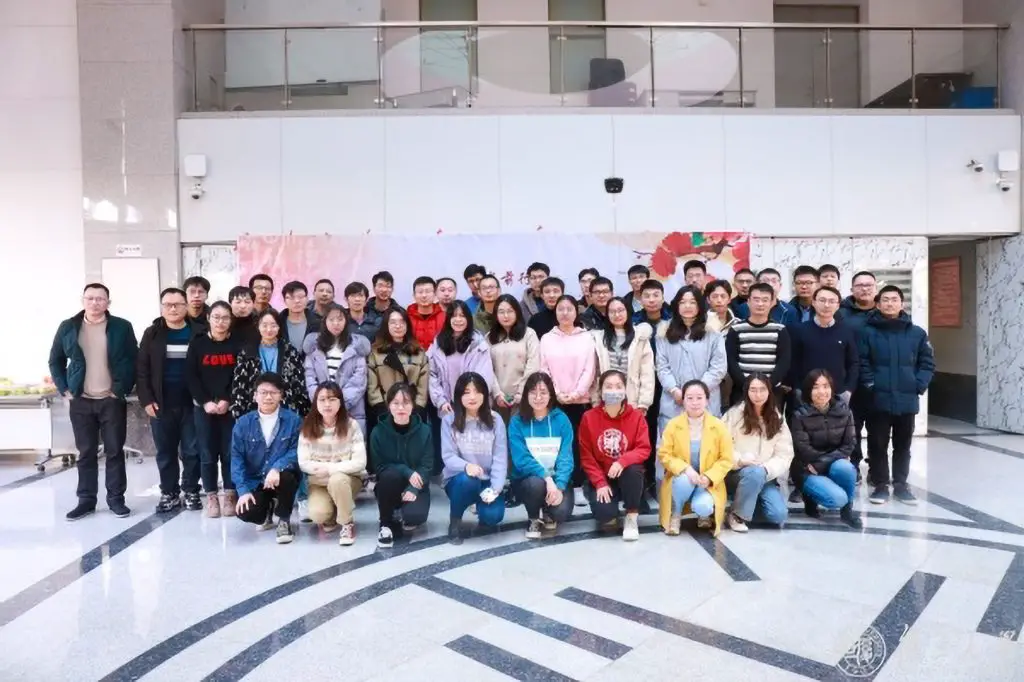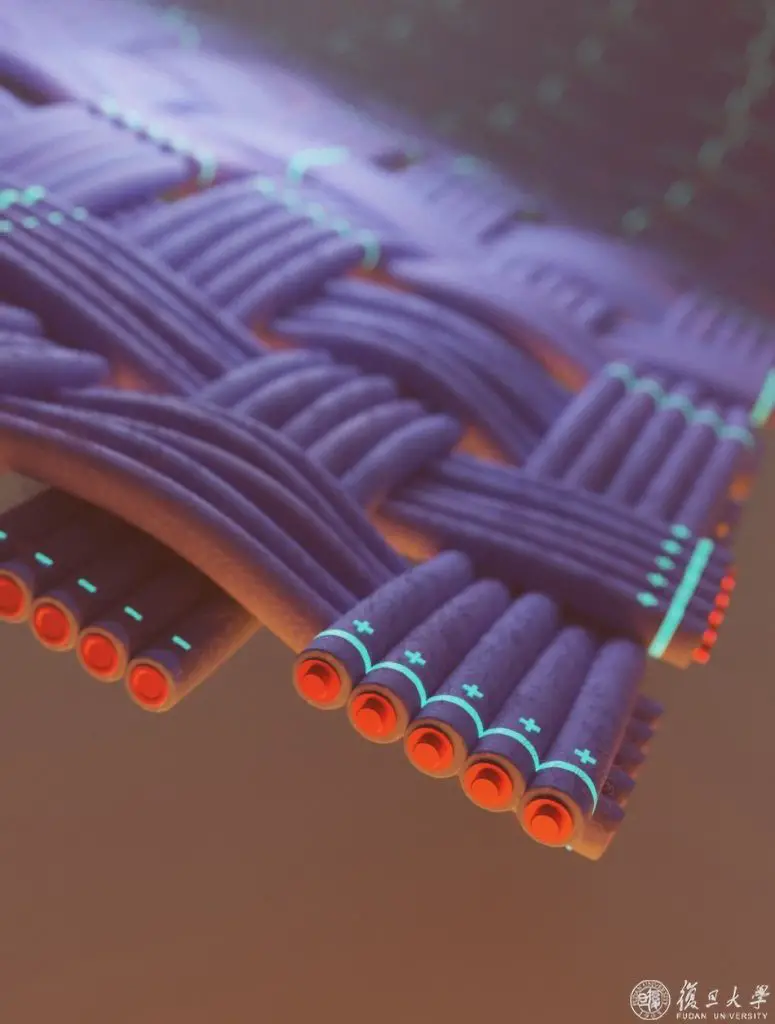Chinese scientists have developed ‘fibre batteries’ that can be woven into clothing capable of charging a phone or tablet.
Researchers at Fudan University in the Chinese city of Shanghai said the textile batteries store enough power to charge smartphones, tablets, heart rate monitors, and other devices.
The research, published in the British scientific journal ‘Nature’ on 1st September, said the mass-produced textile batteries hold 85.69 watt-hours of power per kilogramme. For context, a 228-gramme iPhone 12 Pro Max has a battery with around 14 watt-hours of power.

The fibre-shaped batteries consist of aluminium wire coated with lithium cobalt oxides for the positive electrode and graphite-coated copper wire for negative. Wrappings are inserted between them to prevent short-circuiting in the lithium-ion batteries.
Researchers found that internal resistance decreases and levels off as the fibre’s length increases.
After carrying out the research, the team produced textile batteries several metres long that could be made into clothes.

Scientists found that the fibre batteries kept 90.5 per cent of their power capacity after 500 separate rounds of charging and discharging.
They also learned that the batteries worked the same when washed in water, punctured with a blade, and folded.
Lead researcher Peng Huisheng admitted that the battery, in proportion to its weight, is still inferior to conventional batteries, adding: “Many functions of the wearable fibre lithium-ion battery have been realised, but there is still a long way to go for the real promotion and popularisation.”

Peng added: “But with sufficient funding and technical support, these types of materials could possibly enter commercial use in two to five years.”



